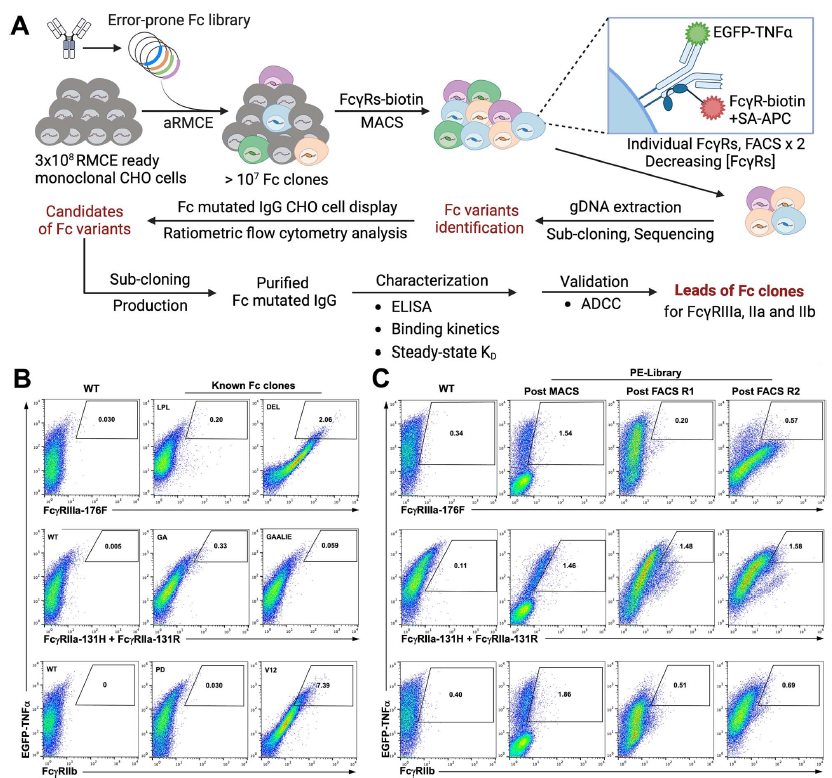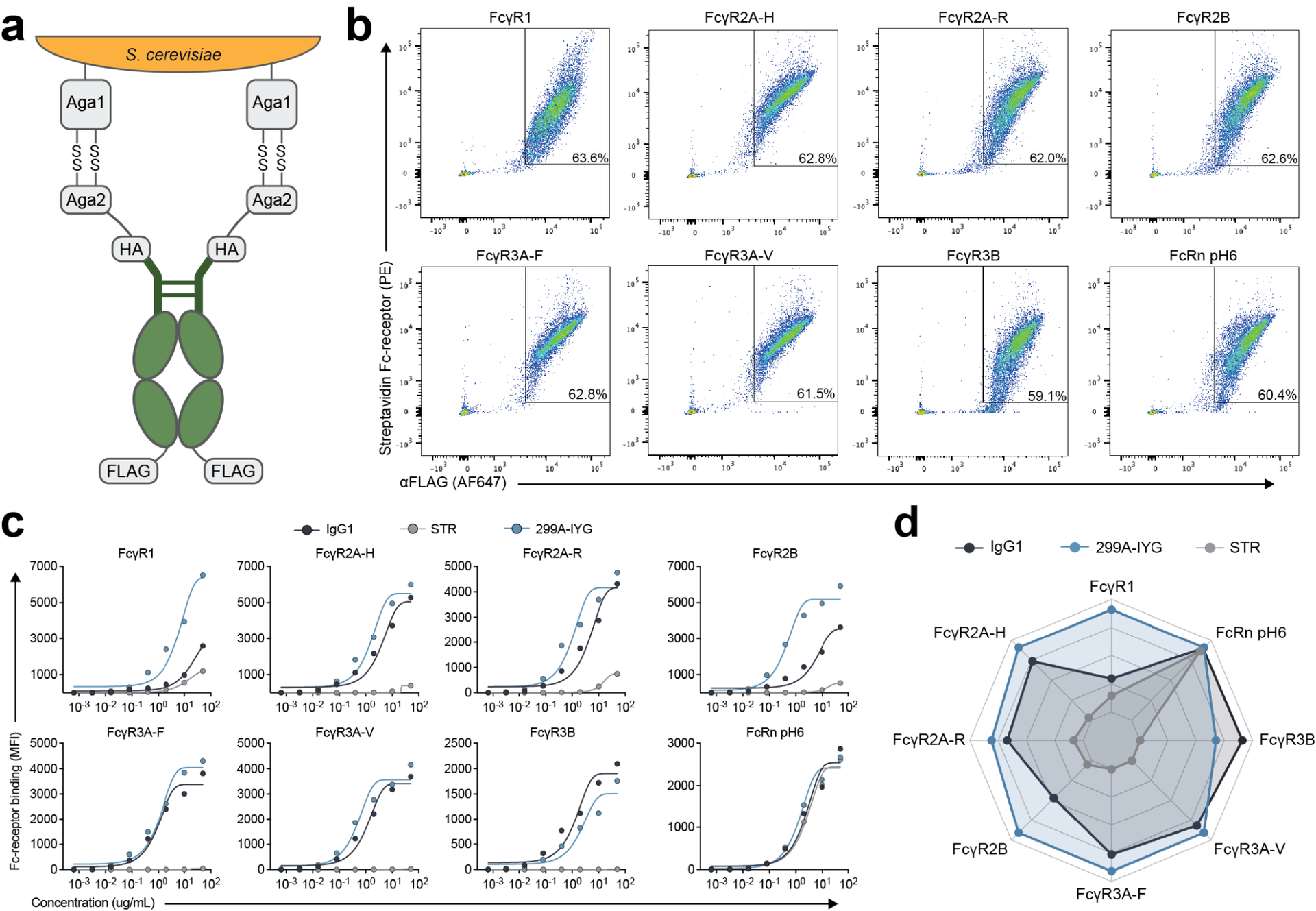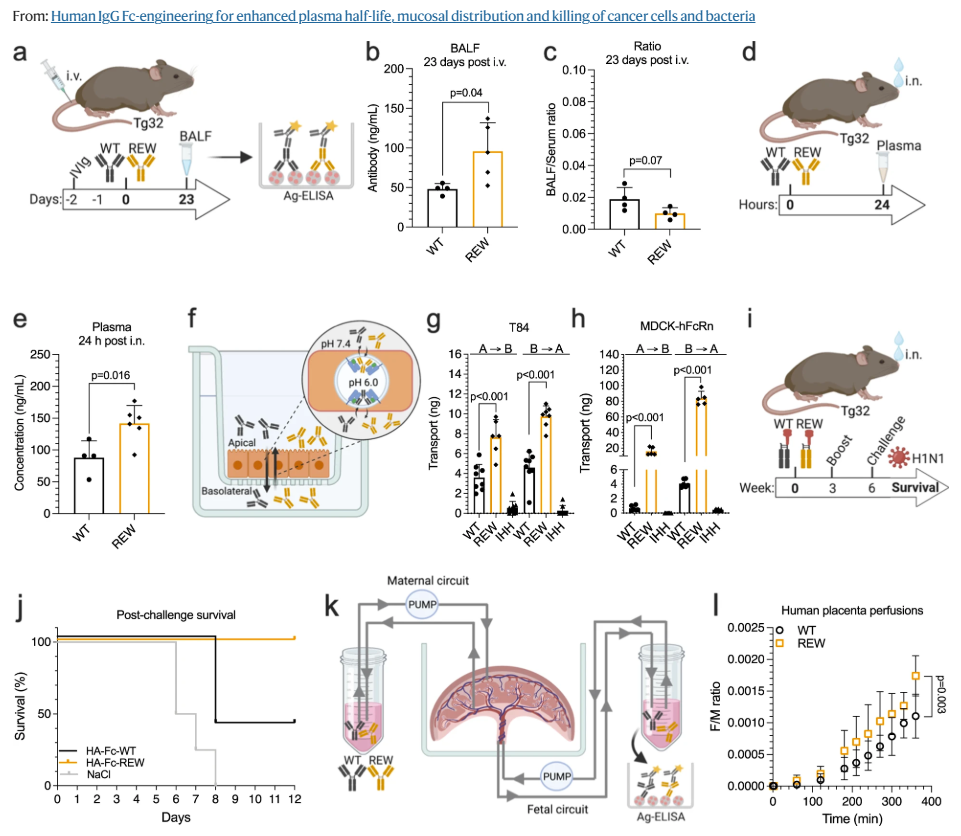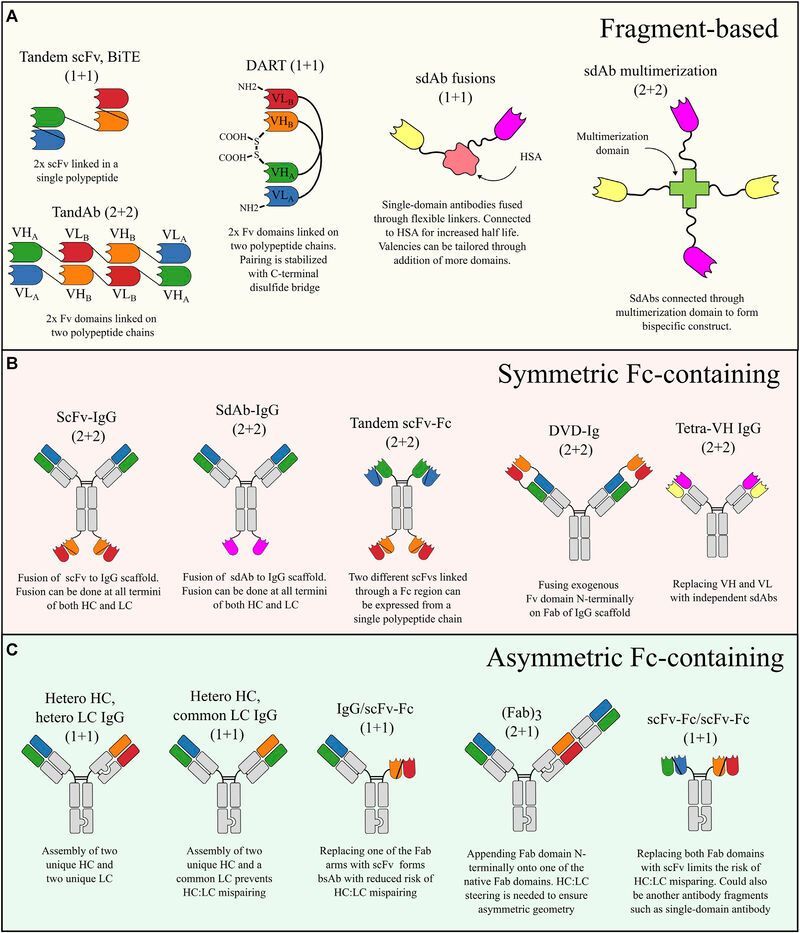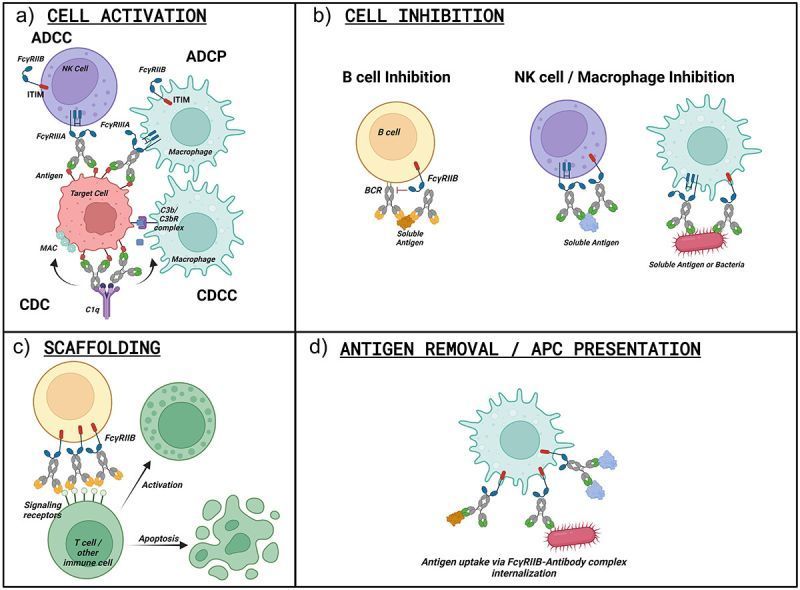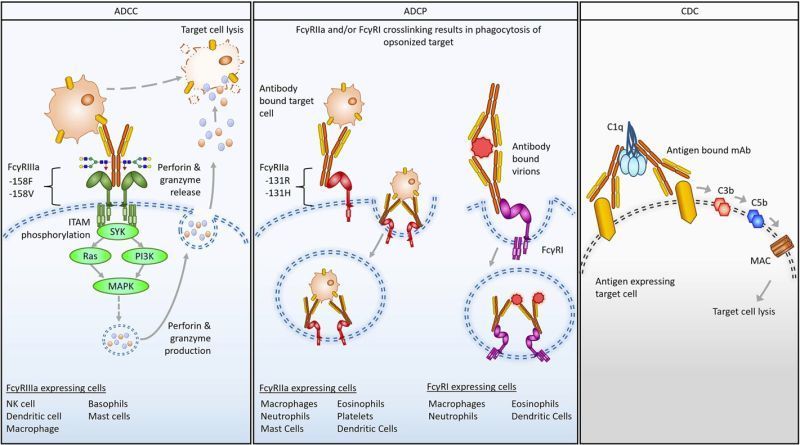Hyperinflammatory repolarisation of ovarian cancer patient macrophages by anti-tumour IgE antibody, MOv18, restricts an immunosuppressive macrophage:Treg cell interaction
Journal Abstract:
Ovarian cancer is the most lethal gynaecological cancer and treatment options remain limited. In a recent first-in-class Phase I trial, the monoclonal IgE antibody MOv18, specific for the tumour-associated antigen Folate Receptor-α, was well-tolerated and preliminary anti-tumoural activity observed. Pre-clinical studies identified macrophages as mediators of tumour restriction and pro-inflammatory activation by IgE. However, the mechanisms of IgE-mediated modulation of macrophages and downstream tumour immunity in human cancer remain unclear. Here we study macrophages from patients with epithelial ovarian cancers naive to IgE therapy. High-dimensional flow cytometry and RNA-seq demonstrate immunosuppressive, FcεR-expressing macrophage phenotypes. Ex vivo co-cultures and RNA-seq interaction analyses reveal immunosuppressive associations between patient-derived macrophages and regulatory T (Treg) cells. MOv18 IgE-engaged patient-derived macrophages undergo pro-inflammatory repolarisation ex vivo and display induction of a hyperinflammatory, T cell-stimulatory subset. IgE reverses macrophage-promoted Treg cell induction to increase CD8+ T cell expansion, a signature associated with improved patient prognosis. On-treatment tumours from the MOv18 IgE Phase I trial show evidence of this IgE-driven immune signature, with increased CD68+ and CD3+ cell infiltration. We demonstrate that IgE induces hyperinflammatory repolarised states of patient-derived macrophages to inhibit Treg cell immunosuppression. These processes may collectively promote immune activation in ovarian cancer patients receiving IgE therapy.
Authors:
Osborn, G., López-Abente, J., Adams, R. et al.
Journal:
Nature Communications
